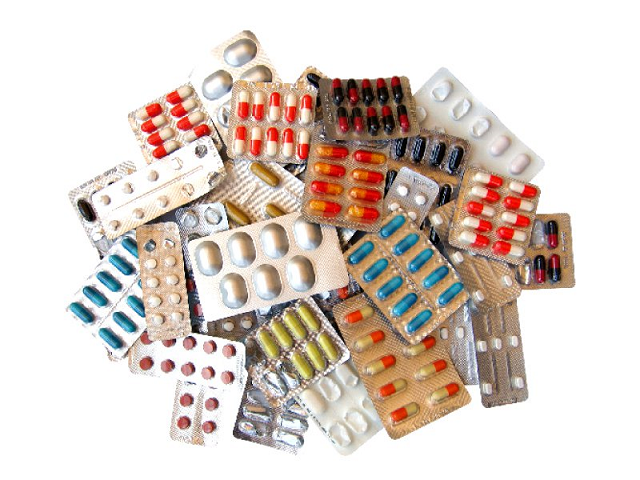Humanitarian grounds: Pakistan lifts ban on trade of medicines from India
Prices of several medicines increased due to the government's decision to ban Indian origin imports last month

The hospital's yearly medicine quota of Rs500,000 in not enough to cater to the increasing number of patients, sources say. PHOTO: FILE
According to the details provided by the Ministry of Commerce, the decision was taken on humanitarian grounds to prevent the shortage of essential medicines in both countries.
Last month, Islamabad downgraded its trade and diplomatic ties with New Delhi in retaliation against the former's decision to deprive occupied Kashmir of its special status.
Currently, Pakistan imports 820 chemicals for medical use. It relies on India for 60 such chemicals. Of those 23 are used in life-saving medicines to treat blood pressure, cancer, heart diseases, Tuberculosis, and diabetes.
Earlier this week, a notification by the ministry was issued to amend the import policy order 2016. The document stated that the ban would not apply to therapeutic products regulated by the Drug Regulatory Authority of Pakistan.
Prices of several medicines increased due to the government's decision to ban Indian origin imports last month. The ban could have caused a shortage of life-saving drugs in the country as the pharmaceutical industry imports up to 50 percent of the raw material from India to produce medicines.
Doctors, pharmacists, and medical petitioners have praised the government's decision to restore the trade of medical supplies between the two countries.
According to the pharmaceutical industry, the ban stoked fears of a shortage of several life-saving medicines in the market.
To address the issue, representatives of the pharmaceutical industry met the Federal Health Minister, Dr. Zafar Mirza, earlier this month.
According to the pharmaceutical industry, importing raw material from any country other than India would add to the production cost that the consumers will have to bear.
Following the annexation of Kashmir, Islamabad asked India to withdraw its top diplomat and announced that Pakistan would not send its high commissioner-designate to New Delhi.
The two countries have been at odds since India divided the occupied territory into two centrally administered "union units" and took away powers from the state’s assembly.
In the most recent round of oppression, India has blocked all forms of communication in Kashmir and detained political leaders in the occupied territory.



















COMMENTS
Comments are moderated and generally will be posted if they are on-topic and not abusive.
For more information, please see our Comments FAQ